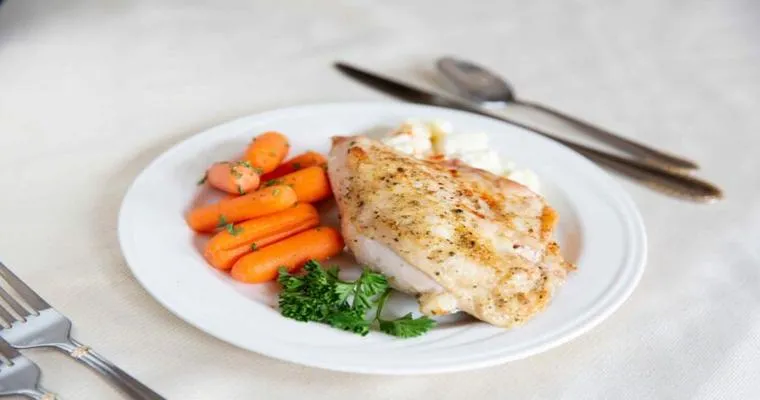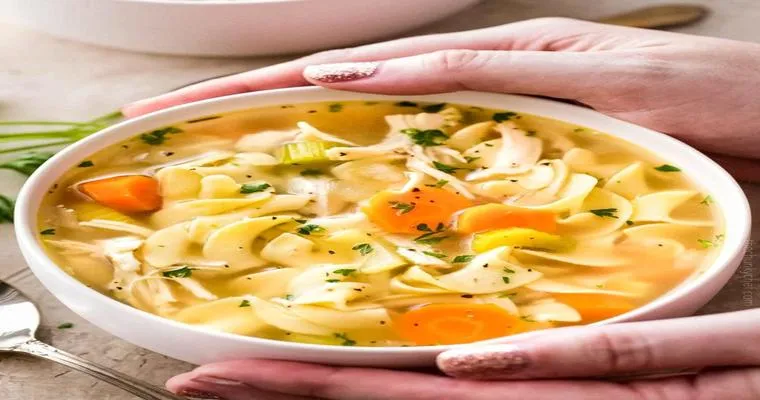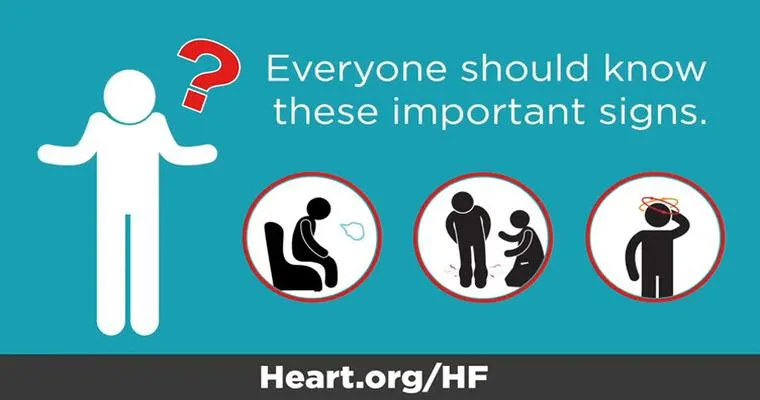As we age, ensuring that our loved ones, especially parents, maintain a healthy diet becomes increasingly important. Many parents struggle to consume enough "calories" and "nutrition", which can lead to various health issues. If you are looking for effective strategies to help your parents increase their caloric intake and improve their overall "nutrition", you have come to the right place. Here are some practical tips to support your parents in achieving a balanced diet.
First and foremost, understanding your parents' dietary preferences and restrictions is essential. Engage in conversations with them about their favorite foods and any aversions they may have. This knowledge will allow you to create meals that are both enjoyable and nutritious. When introducing new foods, try to incorporate ingredients they already love to make the transition smoother.
One effective approach to increase "caloric intake" is by opting for "nutrient-dense foods". These foods provide more calories and more vitamins and minerals per serving. Examples include avocados, nuts, seeds, whole grains, and full-fat dairy products. Encourage your parents to incorporate these foods into their meals and snacks. For instance, adding a handful of nuts to their breakfast or drizzling olive oil over their vegetables can significantly boost their daily caloric consumption.
Another strategy is to encourage regular meals and snacks throughout the day. Instead of three large meals, suggest smaller meals that are spaced out, which can help your parents consume more calories without feeling overwhelmed. You can prepare simple snacks like yogurt with granola, smoothies loaded with fruits and vegetables, or whole-grain toast with nut butter. These options are not only tasty but also provide essential "nutrition" in a convenient format.
Additionally, consider making mealtime a social event. Sharing meals with family members can make eating more enjoyable and encourage your parents to eat more. Invite them over for family dinners or organize potlucks where they can try various dishes. This not only promotes better eating habits but also strengthens family bonds.
Cooking together can also be a fun way to engage your parents in their nutrition. Involve them in meal preparation and teach them simple recipes that are both nutritious and easy to make. By taking part in the cooking process, they may become more interested in trying new foods and consuming more calories.
Lastly, if your parents have specific health concerns or dietary restrictions, consulting with a healthcare professional or a registered dietitian can provide tailored advice. They can recommend specific dietary plans that ensure your parents receive adequate "nutrition" while addressing their unique needs.
In conclusion, helping your parents increase their "caloric intake" and overall "nutrition" is a rewarding endeavor that requires understanding, creativity, and involvement. By introducing "nutrient-dense foods", encouraging regular meals and snacks, fostering social eating experiences, and involving them in the cooking process, you can significantly improve their dietary habits. Always remember that a little effort can go a long way in ensuring your parents maintain a healthy and balanced diet.





